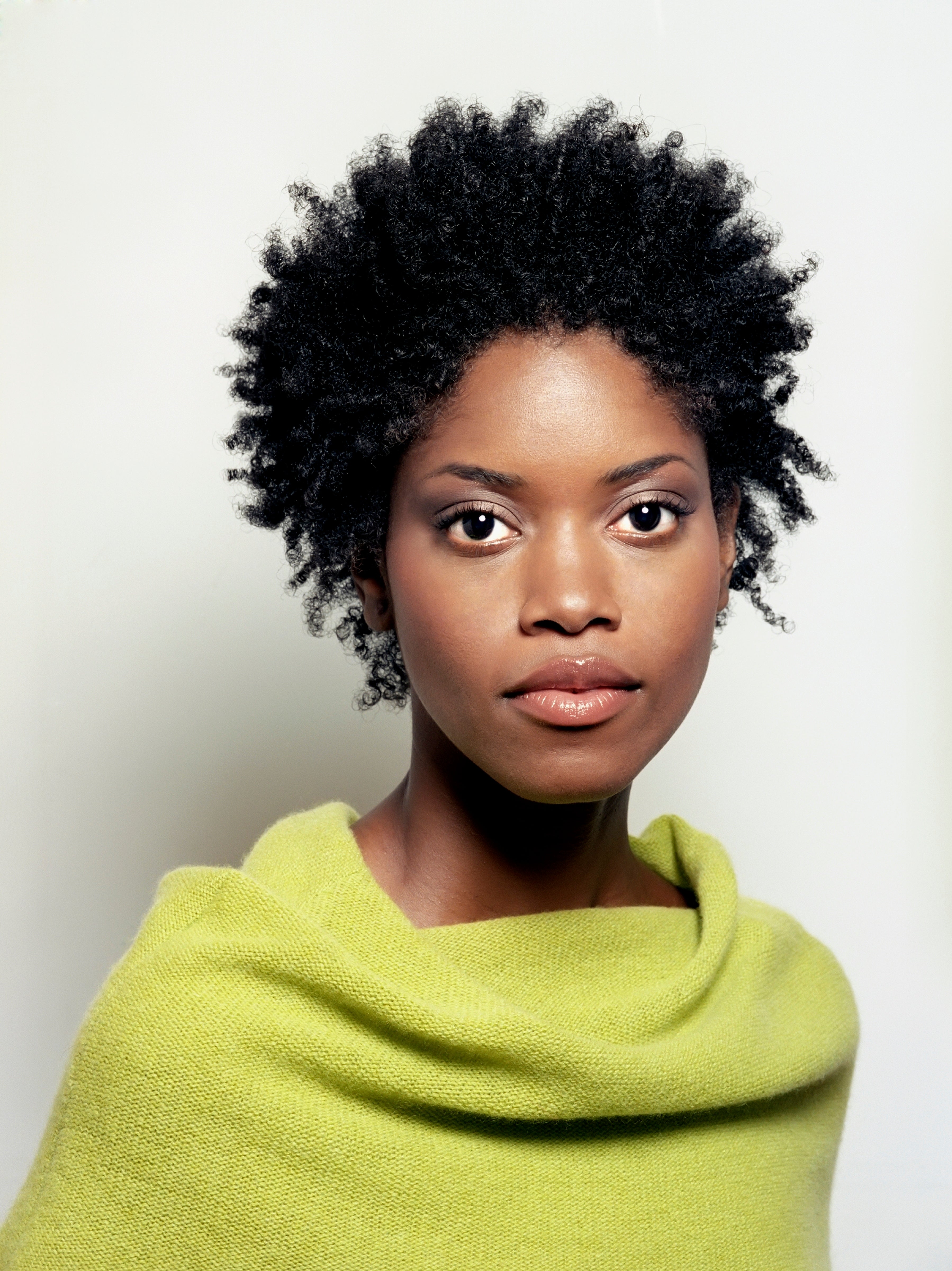
“I expected the waiter to blush with embarrassment, or to apologize or even to send for the manager so he can comp my meal,” Pierce wrote. “Instead, when I looked back at the waiter, his eyes were wide with fear, like a deer’s seconds before a car collides into it.”
I know that feeling. You probably do too. You’re being normal — over-polite, even — because you’re going out of your way not to be a stereotype come true. And yet whomever you’re addressing is suddenly flustered, defensive and on edge, as if you’ve done something scary.
Situations like these, in which we come face to face with the Fear of the Angry Black Woman, are the equivalent of that ever-circulating story about an old white woman holding a bucket of quarters when she gets in a Vegas elevator with two imposing Black men. One man tells the other to “hit the floor”; the lady thinks he’s talking to her and that she’s about to be robbed, so she throws her bucket of quarters into the air and hits the carpet. According to urban legend (and the story has been debunked), it was Michael Jordan asking Eddie Murphy to press the elevator button. Some others — not all — expect Black men to rob them; they expect Black women to “go off.”
This isn’t some new post-reality TV phenomenon. Years ago at the beginning of my very first job, I was called into the office of my boss’ boss unexpectedly. I arrived to find my supervisor in a chair, holding the edits of an annual report I’d recently submitted. I took my seat, and she began to go over the relatively minor changes in front of the higher-up. I didn’t get it. Edits are a standard part of the job, and her concerns weren’t global or an indication that I couldn’t perform the work. I just needed feedback. I asked her if there was a reason she hadn’t come to me first, before moving up the chain of command. She looked at me and stuttered, “I… I just didn’t know how you would react. I just wanted someone else around.”
Huh? I can only recall “going off” once in my life, a regrettable moment fueled by too much of the Good Stuff. But in an office setting (and for that matter, everywhere else), I’m direct but unfailingly polite and civilized, just like my family raised me to be. There’s no logical reason for anyone to believe I’ll get loud and nasty, and I definitely don’t get violent.
Still, she was my boss — and though I hated my job, I needed it. I spent the next few months bending over backwards to put her at ease, pretending to be chipper with my airy “Good mornings!” (to which she didn’t respond) and biting my tongue when she made rude remarks that were deserving of kick-back — like the time she told me she didn’t buy her dream condo because too many Black people lived in the neighborhood.
I wasn’t being my authentic self. Instead I was second-guessing my actions so she wouldn’t be intimidated, and also because I was embarrassed that she was afraid of me. I couldn’t shake the feeling that I had done something wrong along the way. I was driving myself so crazy that I started avoiding her so I wouldn’t have to play that mind-bending game. That was equally exhausting.
It took all that time for me to realize that there’s nothing I — or you — can do about someone else’s ignorance. You owe it to yourself to be your best you. And if other people want to heap stereotypes on you, that is their issue to work out — not yours. I have too little time, and too much to do.
So what happened with that supervisor? After much effort to put her at ease, I realized she wasn’t going to see me the way I saw myself no matter what I did. She had developed her notions about Black women over the years, and I’m no magical Negro or goodwill ambassador sent to teach other folk that “all of us aren’t like that.” It would be easier to change jobs than change her mind, so eventually I did. I took my talents to a company where I was not only appreciated for my work, but also liked for being just me. My next boss even suggested that I toughen up and become a little more firm. Go figure.
Demetria L. Lucas is the author of “A Belle in Brooklyn: The Go-to Girl for Advice on Living Your Best Single Life” (Atria) in stores now. Follow her on Twitter @abelleinbk





